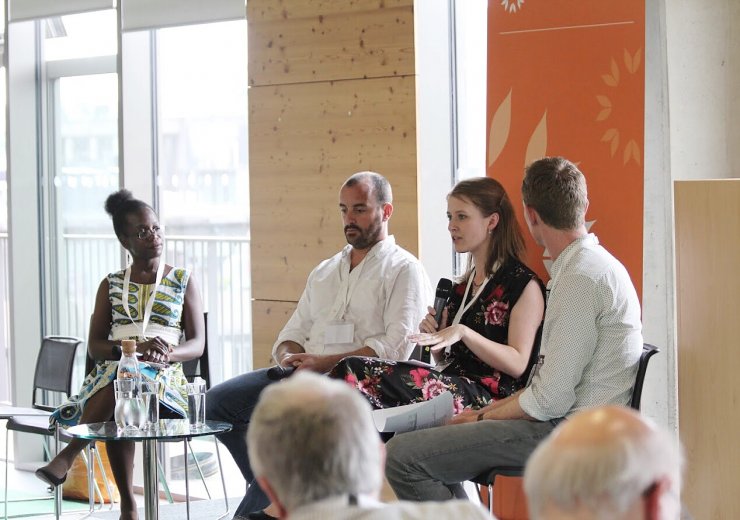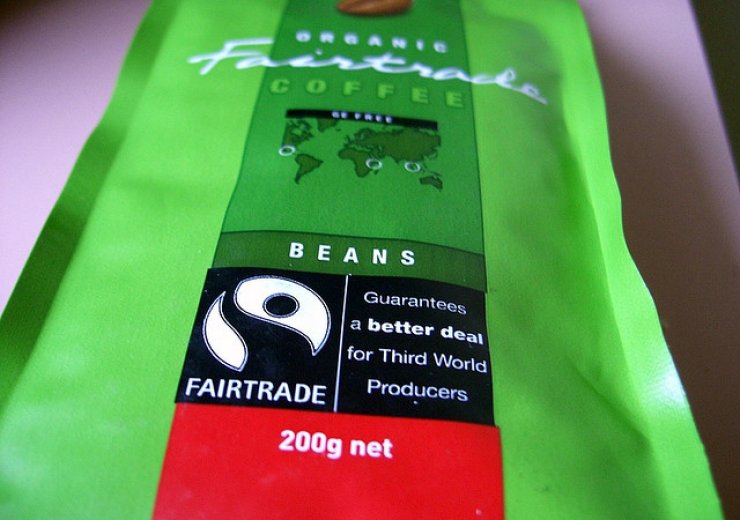
There are many ways that citizens can get involved in shaping a food system that reflects the kind of world we want to live in. There is a growing interest in this kind of participation – or ‘food citizenship’ – not just from individuals, but also from some forward-thinking food companies that want to embed participation and democracy, trust and values into their business models. These businesses are just as concerned about delivering value to society as they are to their bottom line.
The variety of products on supermarket shelves give the impression that people are free to choose what food they eat. In reality, the choices we are able to make are limited.
Supermarkets have reacted to people’s desire for alternative ethical products by introducing choice in a limited number of product lines. MSC certified fish and fairly traded chocolate, bananas and a few other products are now available on the shelves. But across most products, there’s no such luxury of choice.
Often, the choices we make are market-driven. People are juggling bills as well as their food budget, leading to demands for cheaper food. Governments and businesses want commercial returns on their investments, which affect agricultural research priorities and – ultimately – the products on supermarket shelves.

There are many whose choice is restricted, or even non-existent. Farmed animals, the very young, future generations, those living in extreme poverty, and the planet we live on are all disproportionately affected by the choices made by others (government, businesses, and even individuals).
A food system that is healthy and fair for people, animals and the PLANET would require everyone to make meaningful choices about where their food comes from. These choices wouldn’t be driven by the market but by values.
One step towards this kind of choice is in giving people a say in how our food systems operate. This requires opening up, or democratising, food and farming, and offering everyone the chance to participate in it. This doesn’t necessarily mean that everyone must be a food activist, or to grow their own produce. There are lots of ways to participate and to make our food system better for the future.

Let's capitalise on young people's desire to see a fairer and more sustainable food system.

Tom Wills welcomes a new European law that aims to support fairer trade in food.

The September 2013 Business Forum heard from Professor Stephanie Barrientos of Manchester University about a major new report 'Capturing the Gains'.